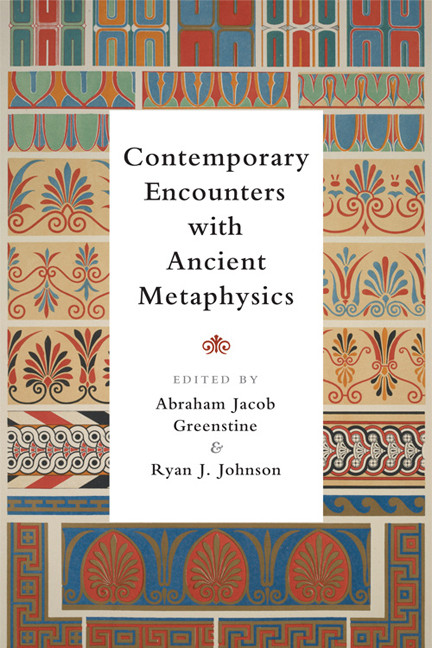5 - Univocity, Duality, and Ideal Genesis: Deleuze and Plato
Summary
In Difference and Repetition, Gilles Deleuze outlines a theory of ideas as problems, existent on the level of a virtuality distinct from, but irreducibly related to, that of their incarnation in a variety of specifically constituted theoretical domains:
Following Lautman and Vuillemin's work on mathematics, ‘structuralism’ seems to us the only means by which a genetic method can achieve its ambitions. It is sufficient to understand that the genesis takes place not between one actual term, however small, and another actual term in time, but between the virtual and its actualisation – in other words, it goes from the structure to its incarnation, from the conditions of a problem to the cases of solution, from the differential elements and their ideal connections to actual terms and diverse real relations which constitute at each moment the actuality of time. This is a genesis without dynamism, evolving necessarily in the element of a supra-historicity, a static genesis which may be understood as the correlate of the notion of passive synthesis, and which in turn illuminates that notion.
Deleuze's identification of ideas with problems is adopted, in part, from the novel synthesis proposed by the mathematical philosopher Albert Lautman in a series of essays of the 1930s and 1940s, of an unorthodox but textually grounded Platonism and the mathematics of his time. Deleuze takes Lautman's work to provide at least partial means for a reconciliation of structure and genesis, so that an account of the virtual structure of an idea-problem can at the same time, and without irreducible tension, function as an account of its real genesis in a specific, concrete domain. This yields Deleuze's understanding of ideal genesis, which involves at once an account of the origin of “actual terms and diverse real relations” and an account of the origin of those “differential elements and ideal connections” that precede and determine them. The principle underlying both origins is that of a paradoxical structural becoming which realizes the concrete relations characteristic of a particular field on the basis of a prior “dialectic” of formal/structural relationships, in particular those of limit, unlimitedness, multiplicity, and unity.
Information
- Type
- Chapter
- Information
- Contemporary Encounters with Ancient Metaphysics , pp. 65 - 85Publisher: Edinburgh University PressPrint publication year: 2017
